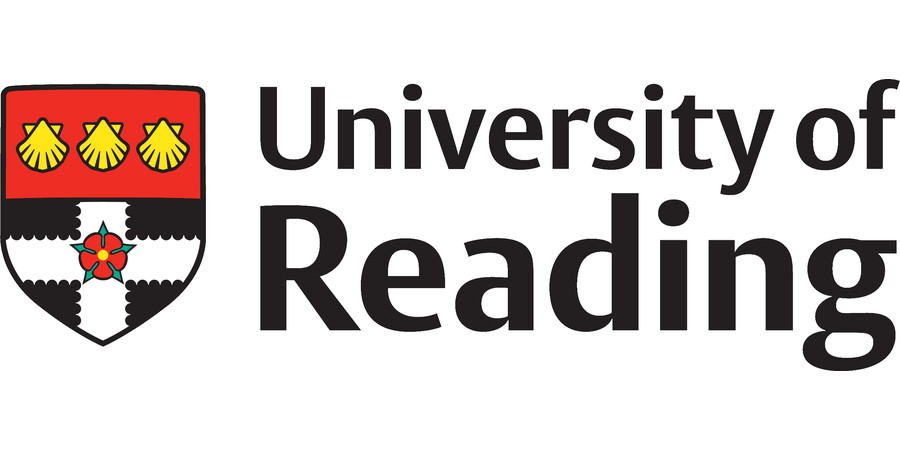PhD Studentship: Can Mycorrhizal Symbiosis Improve Plant Growth in Acid-leached Mine Tailings?
University of Reading
| Qualification Type: | PhD |
|---|---|
| Location: | Reading |
| Funding for: | UK Students |
| Funding amount: | £16.43 per hour |
| Hours: | Full Time, Part Time |
| Placed On: | 22nd May 2025 |
|---|---|
| Closes: | 20th June 2025 |
Supervisor details:
Lead Supervisor
Vinicius Henrique De Oliveira, v.deoliveira@reading.ac.uk, School of Agriculture, Policy and Development
Co-supervisors
Mark Tibbett, m.tibbett@reading.ac.uk, School of Agriculture, Policy and Development
Project description:
Mine tailings are the waste by-product of mining and mineral processing. Tailings are considered valueless and a threat to the environment when not managed properly. However, they still contain other metals that can be re-extracted, generating a secondary source of income, while decreasing tailings toxicity. Leaching tailings with organic acids (e.g. citric acid) is an emerging technique that can mobilise many metals from tailings, especially copper (Cu). Although biodegradable, organic acids can sometimes further enhance the toxicity of tailings by mobilising high levels of metals, hindering plant establishment. To assess the revegetation of acid-leached mine tailings, a plant growth experiment will be carried out in a controlled environment, using two amendments that may promote plant nutrition, growth and tolerance to metals: arbuscular mycorrhizal fungi (AMF) and soil amendments. AMF are symbiotic fungi that are known to improve plant tolerance and the uptake of crucial nutrients, such as copper, phosphorus and potassium. Adding soils to tailings is a common practice that can improve structure, nutrient and organic matter levels in tailings, thus enhancing plant growth.
This project will address two main hypotheses:
1) AMF inoculation promote plant development and tolerance in acid-leached Cu tailings; and
2) Soil mixing enhances plant nutrition and root development in acid-leached tailings. Endpoints assessed include biomass, root morphology, mycorrhizal colonisation, leaf chlorophyll and foliar mineral contents.
Student profile:
The student should be able to carry out laboratory work (training will be provided), and have a basic understanding of agriculture, plant or soil sciences.
Support:
The student will be part of the Soil Ecology Group (Sustainable Land Management Department), led by Prof Mark Tibbett, where they will interact with MSc and PhD students, as well as post-doctorate researchers working on mycorrhizas. The student will obtain training in plant growth experiments, mycorrhizas and plant physiology techniques.
Feasibility:
The experiment will run for 6-8 weeks, to allow plant colonisation and development), and can be set up in one day. During the plant growth period the student will be trained in the appropriate analytical skills for analyses after concluding the trial (2 weeks).
Scope for initiative:
The student will gain knowledge in plant nutrition, metal toxicity and mycorrhizal symbiosis. The student will learn how to successfully maintain a growth experiment and will be supported during data analyses and result interpretations so they can address the project hypotheses.
Remote Working:
Is this project suitable for remote working? No
Remote working details: Hybrid working is possible, but the student needs to be present a few days of the week for lab work and watering plants.
Flexibility:
Is it possible to do this project part-time? Yes. In fact, it is ideal that this project spans 8-10 weeks (pro-rata), as plants need time to grow.
How to apply:
Apply online via the above ‘Apply’ button.
Advert information
Type / Role:
Subject Area(s):
Location(s):









